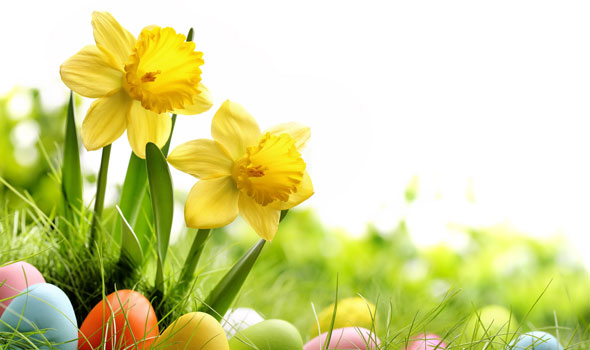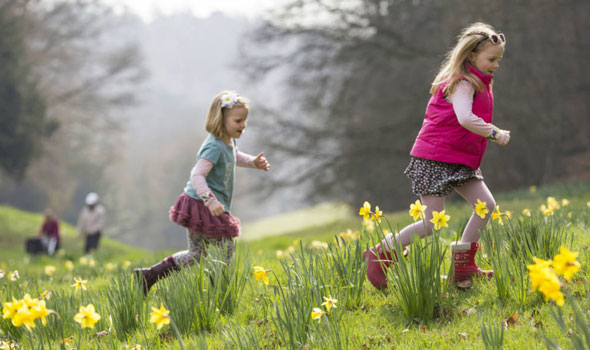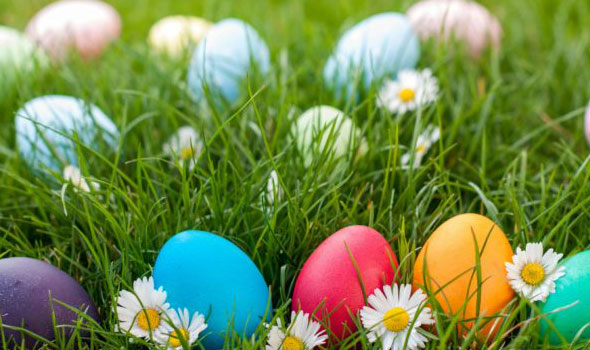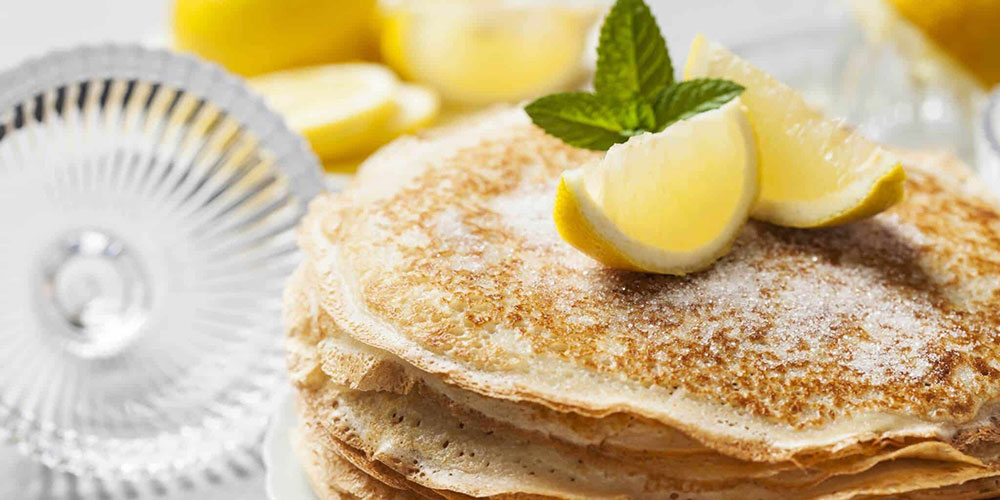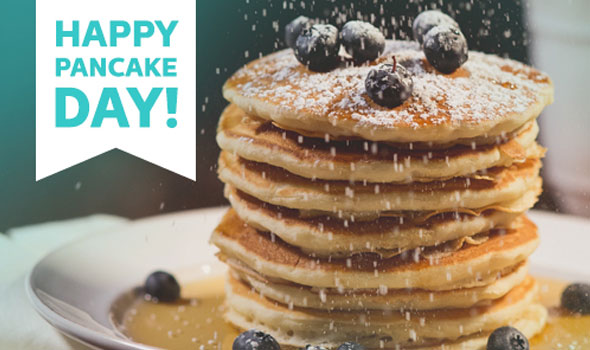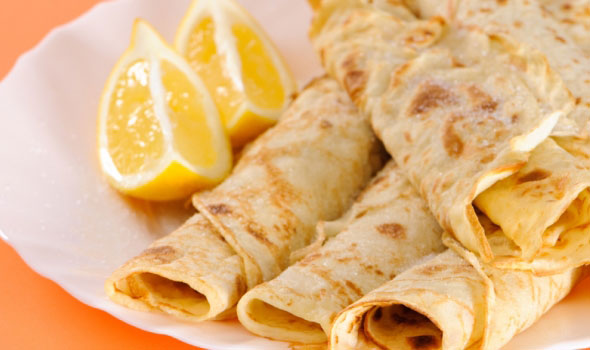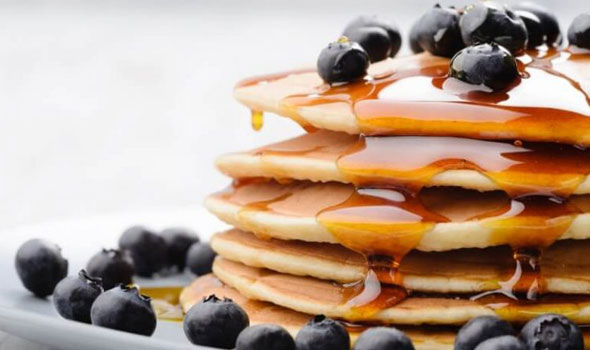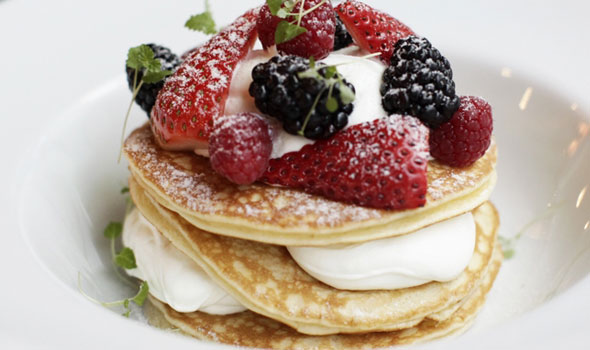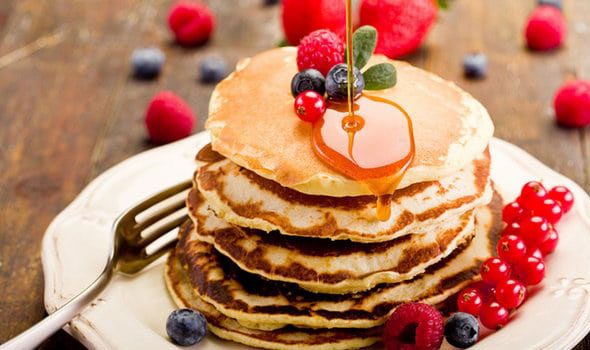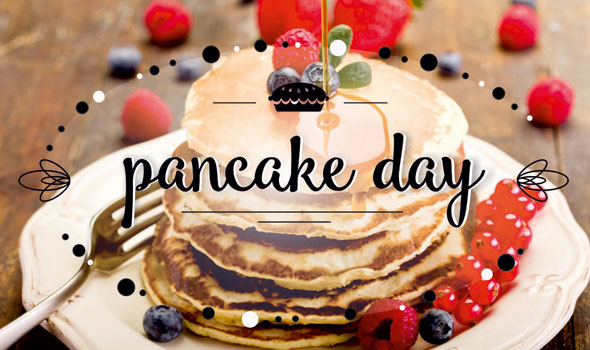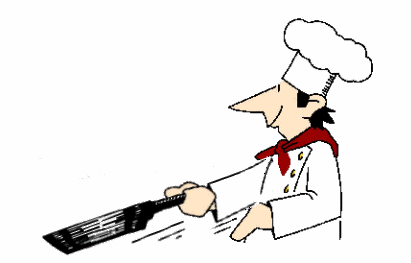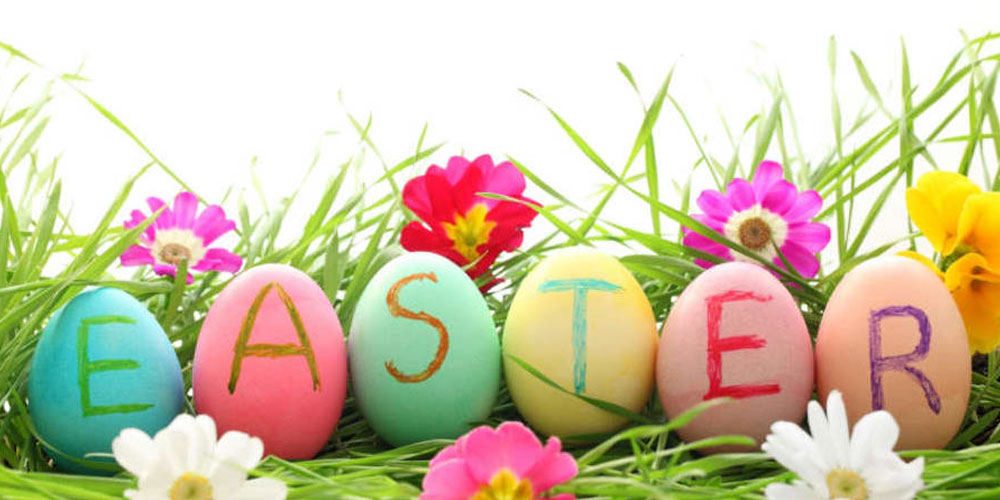
The Easter Weekend
The Easter weekend is the first public holiday period of the year to enjoy spring-like weather, so many outdoor events are generally part of Easter celebrations. This includes domestic travel – not only to visit family but to hit key hotspot destinations. Therefore be sure to make your plans well in advance in order to secure your travel with us.
The meaning of Easter
Easter, one of the oldest Christian traditions, is the celebration of the last week of Jesus’ life, his death, and his resurrection. For Christians, Easter symbolises the dawn of a new life and the high point of the Christian calendar.
While defined as a Christian holiday, Easter has many of its roots in the traditions and rituals of the pagan people who inhabited the United Kingdom before its wide spread conversion to the Christian faith. Scholars believe that Easter was named for “Eostre”, the Anglo-Saxon goddess of the spring.
Why the date changes every year
The actual day of Easter, unlike Christmas, is not a set date. Always on a Sunday, Easter can vary in date by country depending on whether the Gregorian or Julian calendar is being used. The UK, which follows the Gregorian calendar, celebrates Easter on the Sunday following the first full moon that occurs after the first day of spring. Using this timeline, Easter can vary in date from as early as the 22nd of March to as far into spring as the 25th of April.
Maundy Thursday
Easter in the UK begins with the Thursday before Easter. Maundy Thursday is celebrated as the last day of Jesus’ life and the day of the Last Supper. It is said that Jesus washed the feet of his loyal disciples in the “Eucharist” ceremony. The day is named after the French word “mande”, which roughly translates to the terms command or mandate. It is said that this name came about from Jesus’ last command given to his followers, “love one another as I have loved you.”
Dating back to the time of King Edward the First, it is tradition for the Queen to take part in the Maundy Thursday celebrations. It is customary for the sovereign to distribute what is called the “Maundy Money” to deserving senior citizens. One man and one woman are chosen to represent each year of the Monarch’s age. These are citizens that have done great service in the community and are chosen to receive a red and white purse containing one coin for every year of rule by the Monarch.
Maundy Money is a modern change on the original celebration of Maundy Thursday. It was said that the Royals used to wash the feet of selected poor people to show devotion and humility to their constituents. However, the last Royal to have participated in the original form of this holiday was King James the Second. The current tradition of Maundy Money was said to have been started by King Charles the Second in 1662 and has remained unchanged in its entirety since 1670.
Good Friday
Thought once to be named “God’s Friday” or “Holy Friday”, the United Kingdom’s celebration of Good Friday is a commemoration of the crucifixion of Jesus Christ. Good Friday is treated as a day of mourning in the United Kingdom. Churches remain unlit and bare, with no decorations or flowers; some churches cover statues and paintings. Many churches hold a ceremony at 3 o’clock, as this is said to be the time that Jesus died on the cross. Many church services on Good Friday will incorporate passion plays or dramatic readings into their services.
Hot cross buns are traditionally eaten by Christians in the UK on Good Friday. The bread serves as a reminder of Jesus dying for our sins due to the shape of the cross that appears across the top of the bun. They are generally consumed as a breakfast food and come straight from the oven. Once sold by street vendors in the cities, a well known nursery rhyme was founded based on the pitch sung by the local vendors: “Hot Cross Buns, Hot Cross Buns, One a penny, two a penny, Hot Cross Buns. If you do not like them, give them to your sons, one a penny, two a penny, hot cross buns.” There are several superstitions around the hot cross bun. Some say that when baked on Good Friday, they would never go mouldy. Others say that if hardened, they would protect a house from fire. Sailors were known to take them to sea, to protect them from shipwrecks.
Fish is the traditional food of choice for Good Friday suppers, while some devout Christians opt to fast instead in memory of the sacrifice given by Jesus Christ.
Holy Saturday
The Saturday prior to Easter is called “Holy Saturday.” It is historically considered to be the day that Jesus lay in the tomb and is used to reflect on his sacrifice and prepare for the Easter festivities. Most churches hold services on the eve of Easter. Starting in the early church, it was common for ‘new converts’ to the faith to be baptised on this day so that they were able to take their first communion on the Easter Sunday.
Easter Sunday
Easter Sunday is one of the most important holidays in the church. It symbolises remembrance of Jesus’ resurrection from the dead, implying that death is not the end of our journey. The churches celebrate Easter Sunday with bell ringing, flowers (generally white lilies), and a white and gold colour pallet inside of the church hall. Some churches conduct a sunrise service; some perform their services on a hillside. An Easter vigil is held in which a fire is lighted outside of the church first thing on Sunday morning. A candle called the Paschal Candle is lit from the fire and then carried into the church. A Paschal Candle is covered in small studs that symbolise Christ’s wounds and is used to light the candles of the congregation members. The service is considered to be joyous in comparison to the mourning ceremonies of the previous days.
Food
Easter Sunday is rich in traditional foods. Breakfast consists of boiled eggs and the exchanging of Easter gifts and cards. Roast lamb with mint sauce is served as the main meal for Easter Sunday. Easter biscuits and custard tarts are the traditional pudding. Tea tends to be a Simnel cake, which is a fruitcake covered with an almond marzipan. Traditionally, eleven balls of marzipan were baked on top of the cake denoting the eleven original disciples. This, of course, excludes Judas as one of the disciples. Easter biscuits contain spices, currants, and occasionally grated lemon rinds. These are sometimes referred to as Easter cakes.
Traditions
Perhaps one of the largest traditions during a UK Easter is the giving of Easter eggs. Chocolate eggs are given to children on Easter Sunday. These can either be hollow or have a filling, such as a cream base, and tend to be wrapped in silver or gold paper. Early Easter gifts were originally birds’ eggs, painted in bright colours and patterns. Some still celebrate Easter with egg painting as a children’s activity. Eggs are a symbol of new life created during the spring and is said to have come from the original pagan traditions surrounding the holiday.
Another egg related tradition involves rolling real eggs down a hill in a race. The winner was the owner of the last un-cracked egg. While this tradition seems to have faded in popularity, it can still be seen in Preston in Lancashire, in the north of England. Some have adopted the tradition of hiding eggs in the garden for children to search for. This has only appeared in the UK as of late, with the adoption of the German-originated Easter Bunny.
Morris dancing can still be seen around the United Kingdom. A form of historical folk dancing dating roughly back to the Middle Ages, Morris dancing is comprised of men costumed in white with ribbons and bells on their ankles who dance through the streets of the villages. This is done to symbolize the arrival of spring. Another, slightly less common tradition is the Maypole dancing. This dates back to before Christianity came to the shores of the UK and is a pagan-based tradition. The Maypole dance includes dancing around a large pole with ribbons. People dance around the pole, while holding the ribbons, in a weaving fashion until the entire pole is swathed in the ribbon. This is meant to celebrate the coming of spring in the original pagan festival.
Events and celebrations
Annual Easter egg hunts are conducted at The World of Beatrix Potter in the Peter Rabbit Garden with over 50 eggs hidden and prizes totaling up to $10,000 upon occasion. Prizes do vary by year, but the proceeds go to charity and is a lovely experience for children or adult fans of the beloved Beatrix Potter series.
In Scotland, Floors castle plays host to an annual egg-and-spoon race. The castle, home to the Duke and Duchess of Roxburghe, stays closed through the winter, reopening to the public during the spring and summer seasons. Egg-and-spoon races, bunny hop races, face painting, and many other seasonal activities take place in the castle gardens.
The island of Harris in Scotland conducts an egg rolling competition. If your egg makes it to the bottom of the hill unbroken, you are said to have good luck for the remainder of the year.
Good Friday and Easter Monday are considered Bank Holidays with most businesses being closed across England, Wales and Northern Ireland, giving most a four day holiday. Easter coincides with a two week holiday for schools and is the most popular time for family vacations.
Easter holiday celebrations are unique to those across the world due to their historical background. A United Kingdom Easter has traditions based not only on Christianity principles but also containing deep rooted pagan customs. Whether you are celebrating Easter as the resurrection of Jesus Christ or a large Easter bunny leaving behind chocolate and painted eggs, there are plenty of unique celebrations across the country to enjoy over the holiday weekend.



